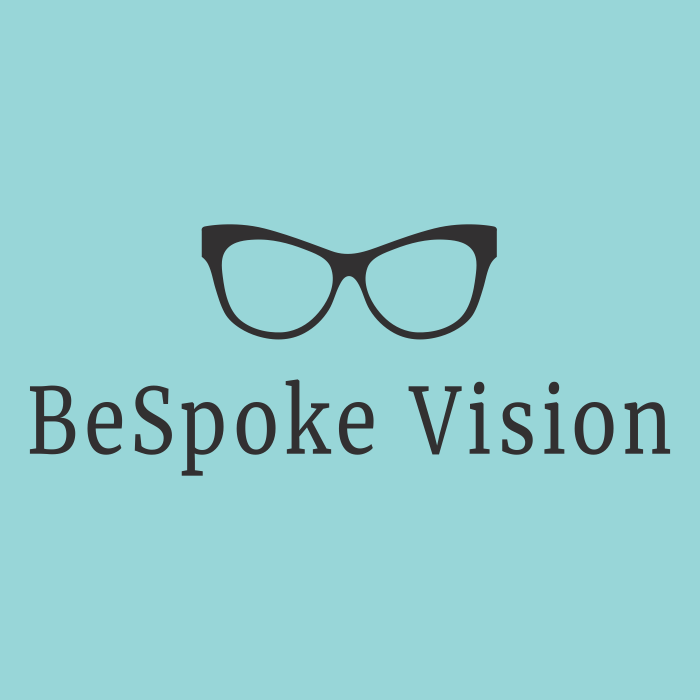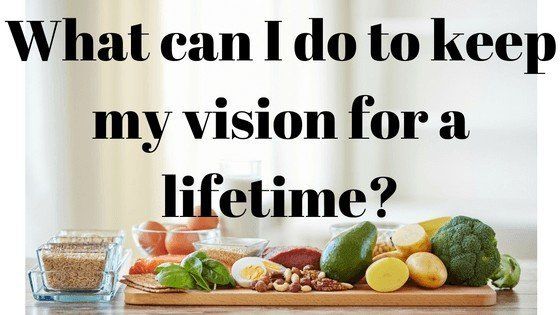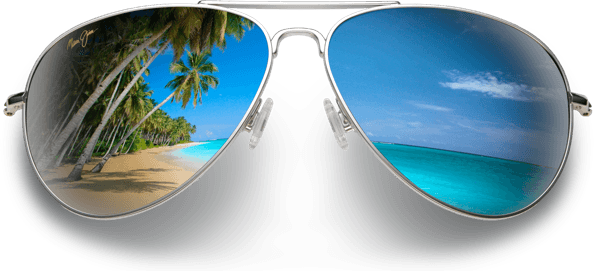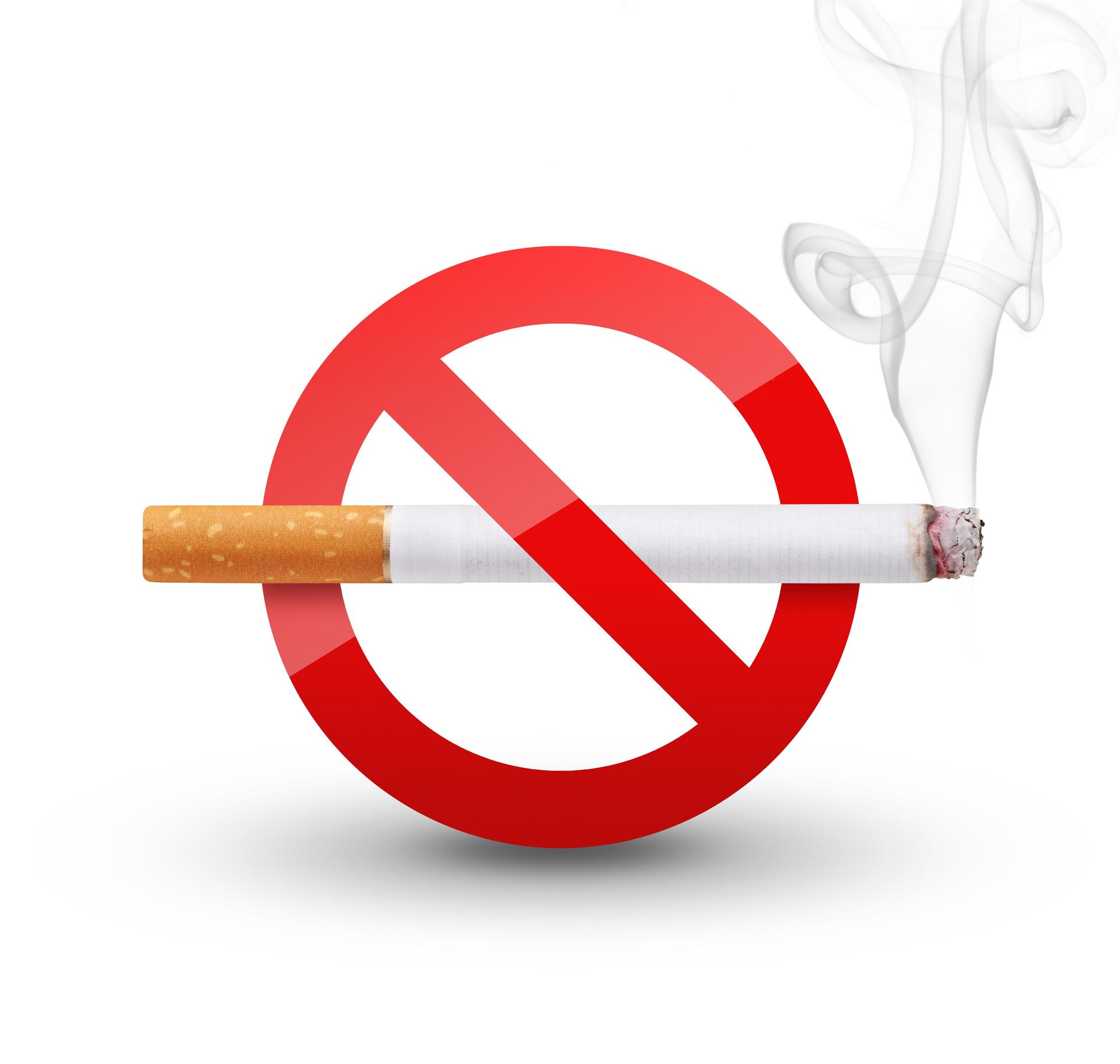Want To Improve Your Vision And Eye Health? Here's How!
Your sight is precious. So why not do everything you can to protect it? While you might not be able to correct your vision back to the ideal 20/20, these 10 tips can certainly help to preserve the sight you have and prevent potential damage to your eye health.
1. Sun Protection
Do you wear sunscreen for a long day at the lake or beach? Most of us know how important it is to protect our skin from the harmful UV rays of the sun. But did you know your eyes need to be protected as well? It is recommended to wear sunglasses with 99 percent UV protection anytime you are exposed to daytime sunlight. This will help to greatly lessen your risk for premature cataracts, glaucoma, and melanoma.
Beware of bargain sunglass hunting, however, because believe it or not the color and darkness of sunglasses does not always accurately represent the amount of UV protection they offer. For this reason, it is best to get your sun protection from your eye doctor. Luckily, we have a large selection of stylish and functional prescription ready sunglasses for you to choose from here at BeSpoke Vision.
2. Eat For Eye Health
It’s no secret that a healthy diet can greatly improve the quality of your life. Nutrients such as lutein, Vitamin-E, zinc, and Omega-3s are essential for keeping not only your body - but your eyes in tip top shape as well. These vitamins and minerals serve various functions including protecting your macula - the area of your retina responsible for central vision - and preventing eye-related disorders like cancer, glaucoma, cataracts, and venous occlusions. A diet rich in leafy greens, oily fish, and citrus fruits should provide you with the vitamins necessary for optimal eye health.
3. Supplement When Necessary
Not able to fit all of those greens on your plate? Most people don’t get all of the vitamins and minerals they need from diet alone. Unfortunately, there are certain vision essential nutrients - like zeaxanthin, for example - that the body doesn’t manufacture on its own. Thankfully, this gap can be closed by adding supplements into your daily routine.
BeSpoke Vision carries specially formulated ocular health vitamins that will promote and restore macular pigment as well as a line of vitamins specifically for those suffering from dry eye syndrome. Just make sure to always check with your eye doctor before beginning any supplementation.
4. Quit Smoking!
Smoking is currently the largest preventable cause of premature death and disease in America. It does a devastating amount of lasting damage to both internal and external organs - including your eyes. Smoking has been linked to an increased risk of almost every eye disease imaginable including glaucoma, macular degeneration, blindness, dry eyes, retinopathy, and uveitis. The good news is that quitting smoking will drastically reduce your risk factor to almost as low as that of a non-smoker.
5. 20-20-20 Exercise
With all of the advances in technology, you’d be hard pressed to find someone who doesn’t use a computer or other digital device for at least a few hours a week. For most of us, however, this number is much higher. A good rule of thumb to avoid headaches and eye strain is to focus on something 20 feet away for 20 seconds after every 20 minutes of near work.
6. Catch Some Zzzzz’s
Getting a full eight hours of sleep per night might seem impossible, but it’s actually essential for your body to get the rest it needs in order to properly function. Did you also know your eyes need a minimum of 5 hours of sleep to replenish? Without catching these z’s not only will your eyes seem more blurry, but you might also develop dry eye syndrome or even a popped eye vessel due to eye strain. Another common side effect of a lack of sleep is myokymia - better known as eyelid spasms. These sudden twitches are not harmful, but can be very aggravating.
7. Keep Blood Sugar and Blood Pressure Under Control
According to the CDC, 29 million people in the United States currently have diabetes. Another 70 million currently have high blood pressure - that’s 1 in 3! If you fall in one or both of these categories, your eye health could be at serious risk. Keeping your blood pressure and diabetes under good control will aid in preserving your vision and help to avoid conditions like diabetic retinopathy, venous tortuosity, macular edema, and blindness.
8. Make Blue Light Protection A Priority
There are many different wavelengths, strengths, and even colors on the light spectrum. Without getting too complicated, blue light has the highest energy within the visible light category. Because of this, the eye has difficulty blocking out these rays without the protection of sunglasses or a blue light specific lens. As a result, the risk for damage - including macular degeneration - greatly increases.
Blue light is emitted from the sun, LED and fluorescent lighting, flat screen televisions, and devices like smartphones and tablets. With the recent increase in exposure - especially in younger children - to blue light emitting iPads, iPhones, and other handheld technology, the importance for a blue light filtering lens is higher than ever.
9. Improve Air Quality
Do you struggle with eye dryness that worsens towards the end of the day? If so, improving your air quality might provide you with some much needed relief. Having a humidifier in the area where you spend the most time is one simple change you can make. You should also look to see if your desk or work area is positioned directly under the flow of air from a vent. If so, try to re-position your area if you can to avoid creating excess dryness.
10. Visit Your Eye Doctor Every Year
Finally of course, make sure to visit your optometrist at least once a year to keep your eyes in optimal health. Keep in mind that good vision doesn’t necessarily equal healthy eyes. Check out our post on why you should see your eye doctor every year for more info .
Be sure to share this post with your friends if you found it helpful!
